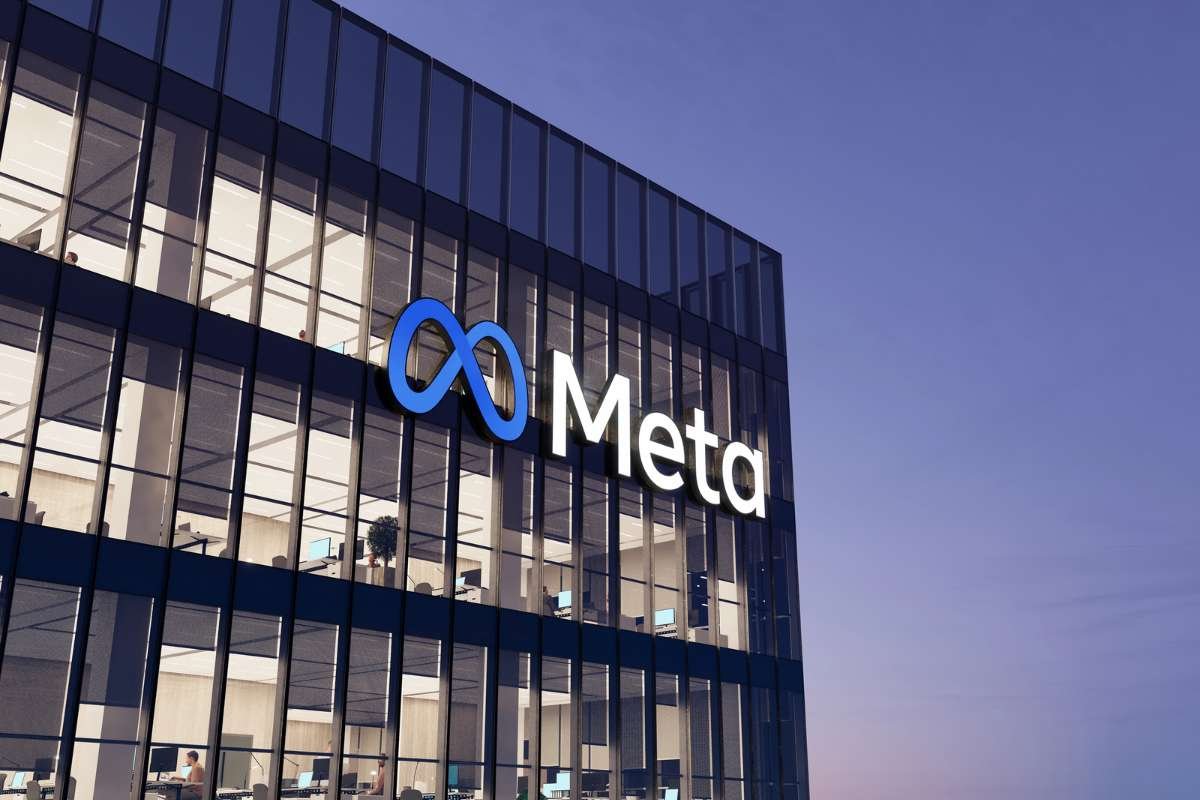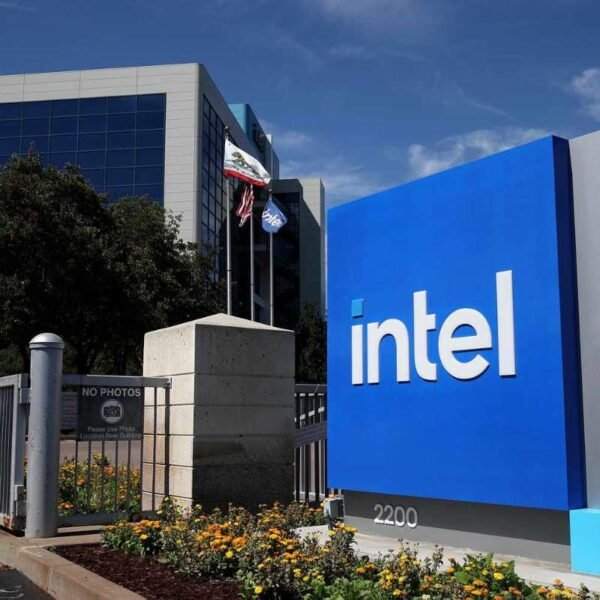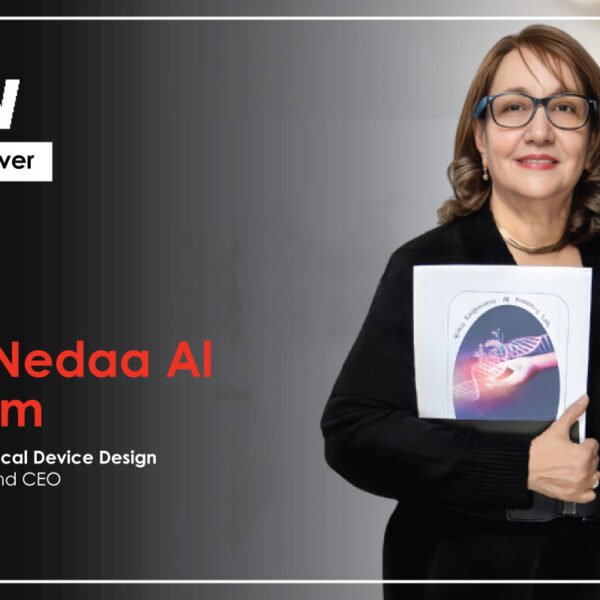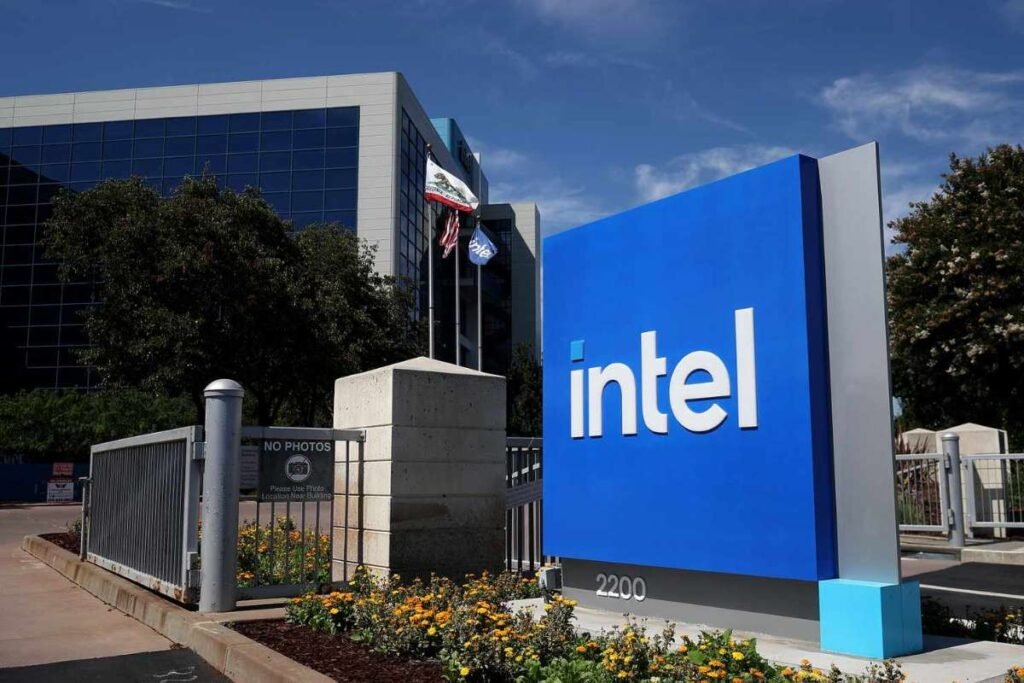Key Points:
- Meta secured $29B from PIMCO and Blue Owl for AI data centers in Louisiana.
- PIMCO handles $26B debt; Blue Owl adds $3B equity.
- Prometheus and Hyperion centers will drive Meta’s AI and superintelligence efforts.
PIMCO and Blue Owl Capital tapped to lead funding for large-scale Louisiana project
Meta Platforms has enlisted two of the U.S. financial industry’s heavyweights—PIMCO and Blue Owl Capital—to lead a $29 billion financing package aimed at powering its next-generation data center infrastructure in rural Louisiana, according to a source familiar with the matter.
Under the deal structure, Pacific Investment Management Company (PIMCO) is set to manage approximately $26 billion in debt, likely issued in the form of long-term bonds. Meanwhile, alternative asset manager Blue Owl Capital is expected to contribute $3 billion in equity, supporting the co-development of critical infrastructure to serve Meta’s fast-growing artificial intelligence ambitions.
Neither Meta, PIMCO, nor Blue Owl Capital offered public comments on the agreement.
Co-Development Strategy for AI Infrastructure
The financing arrangement marks a significant step in Meta’s effort to scale its AI data center capabilities, with the company opting to partner with private capital firms to spread the cost and operational burden. This co-development strategy is part of a broader push to build facilities capable of supporting large-scale generative AI models.
Just last week, Meta disclosed in a regulatory filing that it plans to offload around $2 billion worth of data center assets, enabling shared development and cost distribution across its AI infrastructure portfolio.
Meta’s strategy is increasingly focused on leveraging external capital to accelerate its roadmap without overextending its balance sheet. The company’s move to secure non-dilutive private funding could provide flexibility as it ramps up spending in areas with high capital intensity.
The Race for AI Infrastructure
In July, Meta CEO Mark Zuckerberg publicly reaffirmed the company’s commitment to building an AI-first future, including the launch of a superintelligence-focused division and major infrastructure investments.
According to Zuckerberg, Meta’s new Louisiana-based facility—code-named Prometheus—will be the company’s first multi-gigawatt data center, and is expected to go live by 2026. A second facility, Hyperion, is planned to scale up to 5 gigawatts (GW) in computing capacity in the years ahead.
“These data centers are essential for enabling the next wave of generative AI systems, including our superintelligence work,” Zuckerberg said in a recent post on Threads, Meta’s social media platform.
Meta’s AI ambitions have also been accompanied by a competitive recruitment drive for leading AI researchers and engineers, as it vies with other major tech players such as Microsoft, Google, and Amazon in the race to dominate AI infrastructure and capabilities.
Competitive Financing Landscape
The $29 billion financing reportedly emerged after a competitive bidding process that included major financial firms such as Apollo Global Management and KKR, both of whom were considered front-runners before PIMCO and Blue Owl were selected. Morgan Stanley is said to be serving as Meta’s lead financial adviser on the transaction.
Meta’s infrastructure strategy reflects broader industry trends where cloud computing and AI development costs are pushing large-scale tech firms to seek alternative capital sources beyond traditional corporate debt.
The company is also exploring additional capital-raising options and debt structuring methods, as previously reported by the Financial Times in June. These efforts underscore the scale and urgency of Meta’s investment strategy in the AI arms race.
Looking Ahead
As Meta accelerates its infrastructure buildout, the Louisiana projects are expected to become central hubs for training and deploying AI models across the company’s platforms—including Facebook, Instagram, WhatsApp, and its broader metaverse ambitions.
With plans to spend hundreds of billions of dollars on AI-related infrastructure over the next decade, Meta is positioning itself to be a foundational player in the evolution of AI technologies. The latest funding milestone signals that private capital will play a crucial role in that journey.










